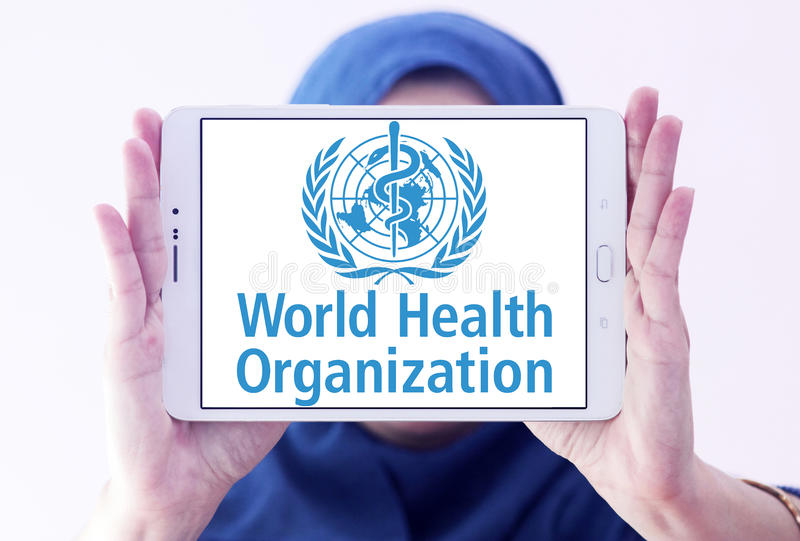Share!
World Health Organization (WHO) has urged the health legislators in Nigeria’s 10th National Assembly to improve Nigeria’s poor health outcomes and ensure that citizens have access to quality healthcare without falling into poverty, as well as improve their health outcomes.
Walter Kazadi Mulombo, the WHO representative in Nigeria made the call at a strategic Health Legislative Retreat. He noted that there are areas of the health sector that require attention towards the achievement of universal health coverage (UHC), health security and alleviating poverty.
Molumbo said many opportunities exist in the reimagining Primary Healthcare Initiative, the Basic Healthcare Provision Fund, State Health Insurance and Contributory Schemes, National Health Insurance Authority Act 2022, and the Vulnerable Group Fund, hence deliberate decisions need to be taken to systematically move Nigeria from the current poor situation to the desired levels.
“As you are aware, UHC is a political decision. Countries have achieved UHC using public financing. With out-of-pocket expenditure on health from households consistently above 70 percent when the WHO benchmark is 30-40 percent, and per capita government health expenditure at less than $15 per annum, against the benchmark of $86, you will agree with me that the work to be done is enormous”, he said while urging Legislators to increase health expenditure.
“My expectation, therefore, is for Legislators to leverage their unique and prestigious functions of appropriation, legislation, and oversight to improve health outcomes in Nigeria towards poverty reduction and economic prosperity,” he said.
Mulombo assured that the WHO is better positioned to support Nigeria in repositioning the health system that works for the people and is currently in the process of developing a new country cooperation strategy (CCS) which has taken the positive impact of the Legislative Network for UHC into consideration.
